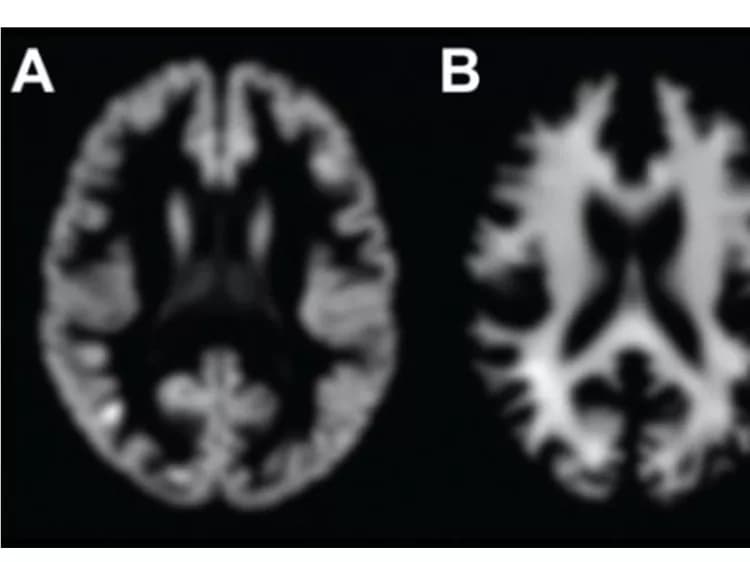
Molecular Link Between Post-Traumatic Stress Disorder And Alzheimer’s Disease
There is increasing evidence that post-traumatic stress disorder (PTSD) increases the risk of developing dementia later in life. Researchers at the University Medical Center Göttingen, Germany, now shed light on the molecular mechanism that links the two disorders. The research is published today in The EMBO Journal.
PTSD is a brain disorder that can occur after experiencing a traumatic event. Individuals with PTSD frequently relive the traumatic event, often triggered by stimuli similar to those that accompanied the trauma. A number of epidemiological studies have shown that individuals suffering from PTSD are more prone to acquiring Alzheimer's disease later in their lives. Unravelling the molecular underpinnings of this correlation will help to identify targeted therapies. The research team in Göttingen identified such a molecular link by showing that Formin 2 is deregulated in PTSD and Alzheimer's disease patients. To investigate this link further, the researchers showed that Formin 2 mutant mice show PTSD phenotypes at an early age and develop age-related memory decline. On the molecular level, Formin 2 is active in the brain, where it regulates the dynamics of the cytoskeleton, the structure that helps cells to maintain their shape and internal organization. It is required for neuronal cell contacts to change and to ease off again after they have been strengthened by learning. "Our hypothesis was that various risk factors eventually cause an aberrant activation of many genes that contribute to Alzheimer's disease. One of these factors could be developing PTSD via a process that involves Formin 2," said Farahnaz Sananbenesi, lead researcher of the study. To test this idea, the researchers undertook a comprehensive analysis of gene activity in Formin 2 mutant mice. Indeed, whereas young mice lacking Formin 2 were hardly different from normal mice, a deregulation of hundreds of genes built up as they aged. The researchers also found that the drug Vorinostat, which ameliorates PTSD phenotypes in younger mice, enhanced memory in aged Formin 2-deficient mice. "Our results indicate that it may be possible to develop therapeutic strategies for PTSD patients that, at the same time, lower the risk to develop Alzheimer's disease," said André Fischer who coordinated the study together with Dr. Sananbenesi. provided by EMBO - excellence in life sciences. Note: Content may be edited for style and length.
Disclaimer: DoveMed is not responsible for the accuracy of the adapted version of news releases posted to DoveMed by contributing universities and institutions.
Primary Resource:
Roberto Carlos Agís-Balboa, Paulo Pinhero, Nelson Rebola, Cemil Kerimoglu, Eva Benito, Michael Gertig, Sanaz Bahari-Javan, Gaurav Jain, Susanne Burkhardt, Ivana Delalle, Alexander Jatzko, Markus Dettenhofer, Patricia A. Zunszain, Andrea Schmitt, Peter Falkai, Julius C. Pape, Elisabeth B. Binder, Christophe Mulle, Andre Fischer & Farahnaz Sananbenesi. (2017). Formin 2 links neuropsychiatric phenotypes at young age to an increased risk for dementia. The EMBO Journal, e201796821. DOI: 10.15252/embj.201796821
Related Articles
Test Your Knowledge
Asked by users
Related Centers
Related Specialties
Related Physicians
Related Procedures
Related Resources
Join DoveHubs
and connect with fellow professionals

0 Comments
Please log in to post a comment.